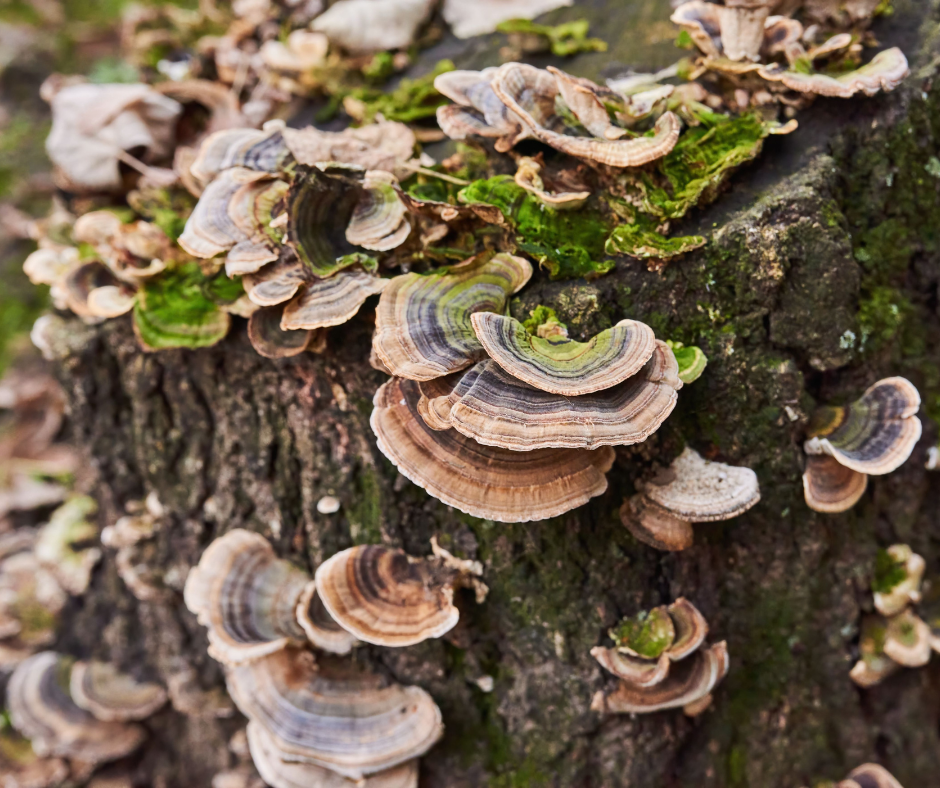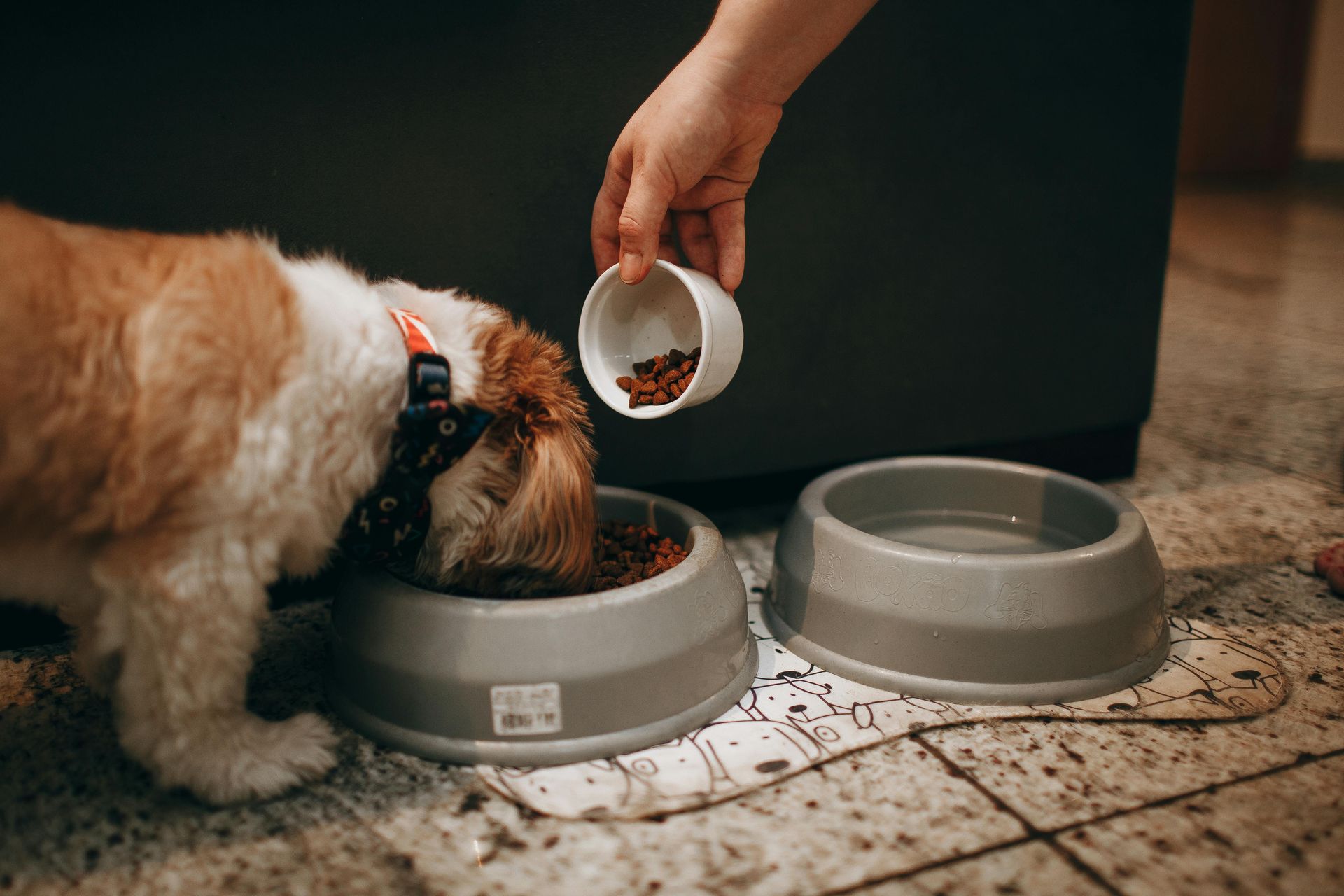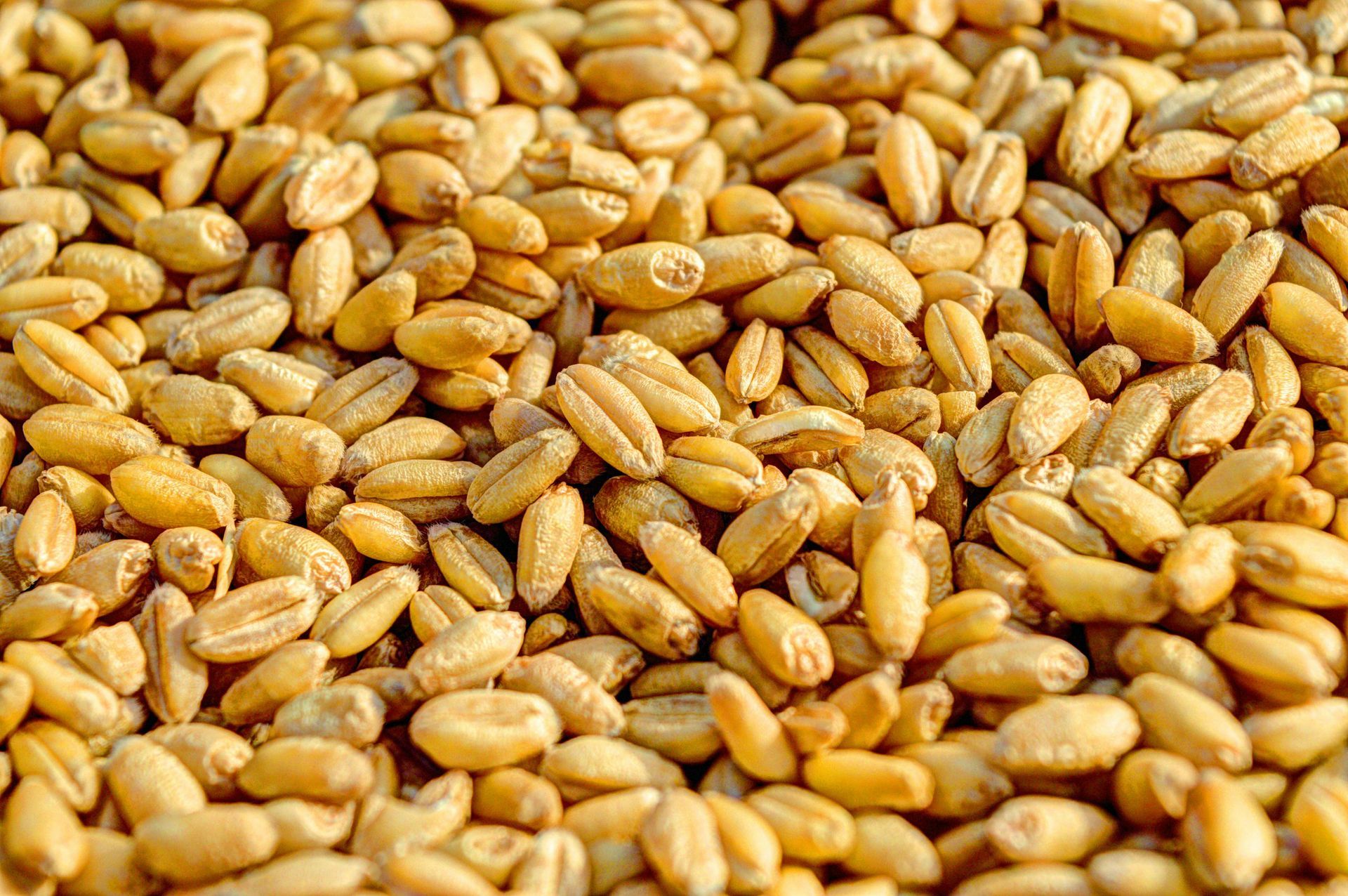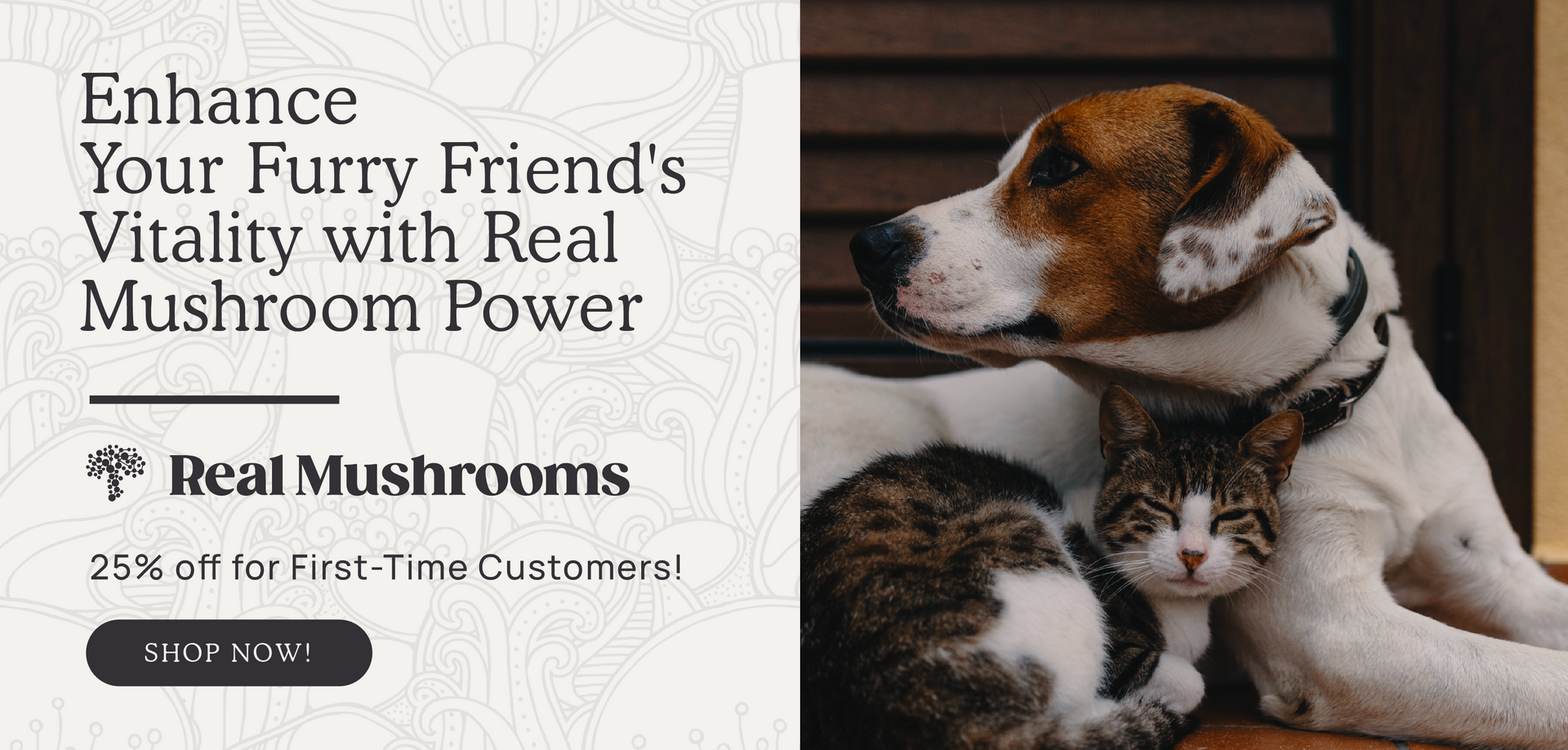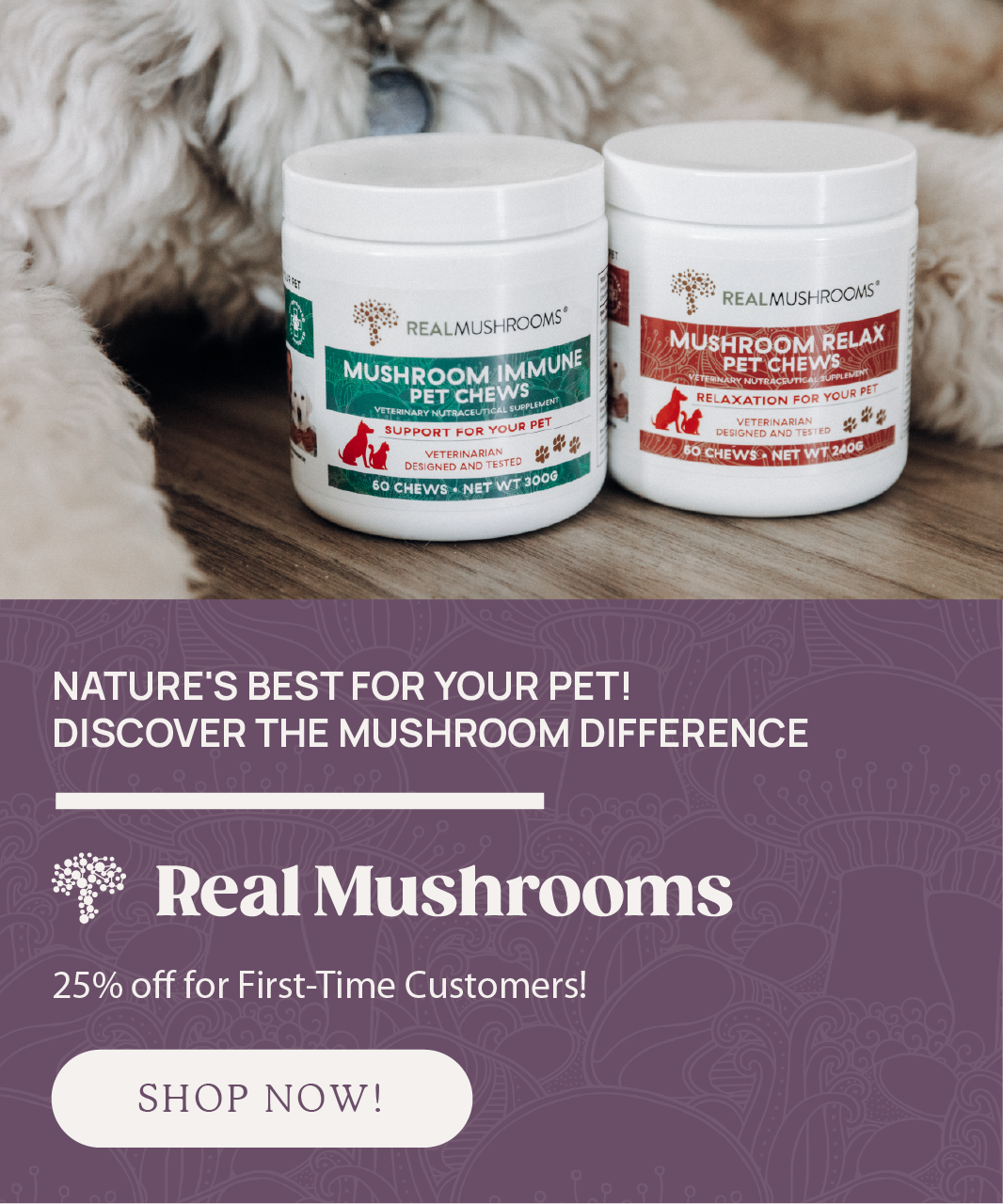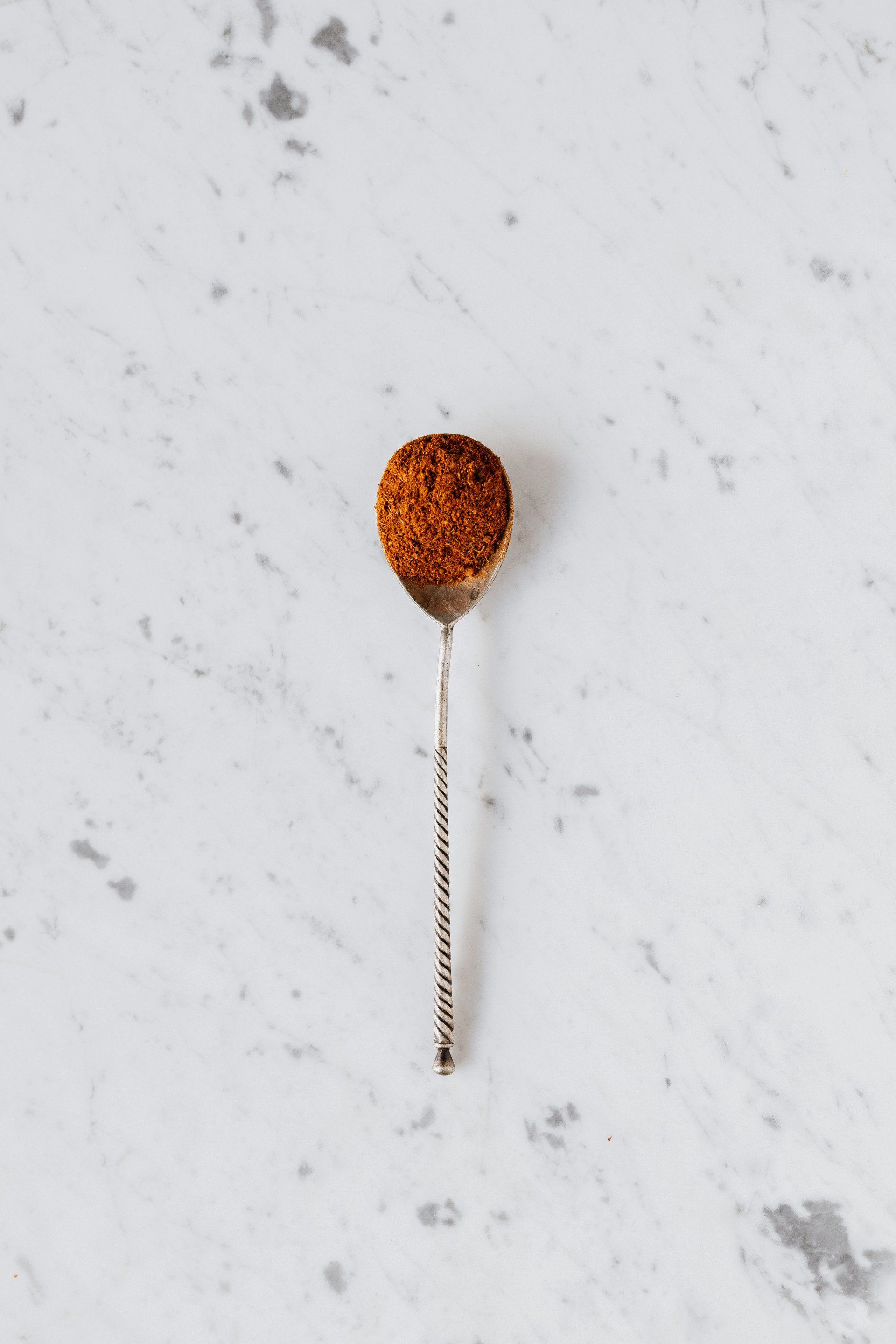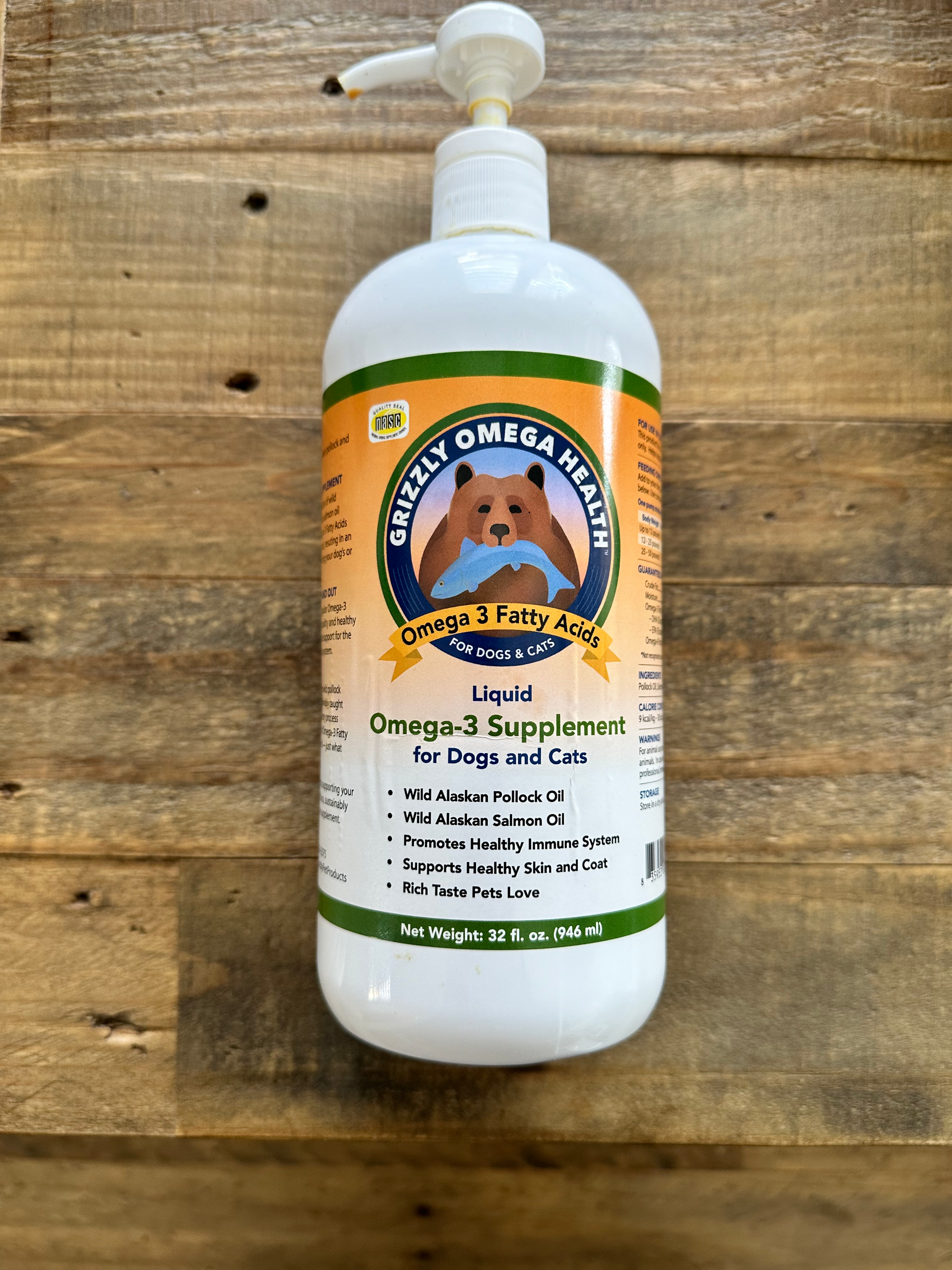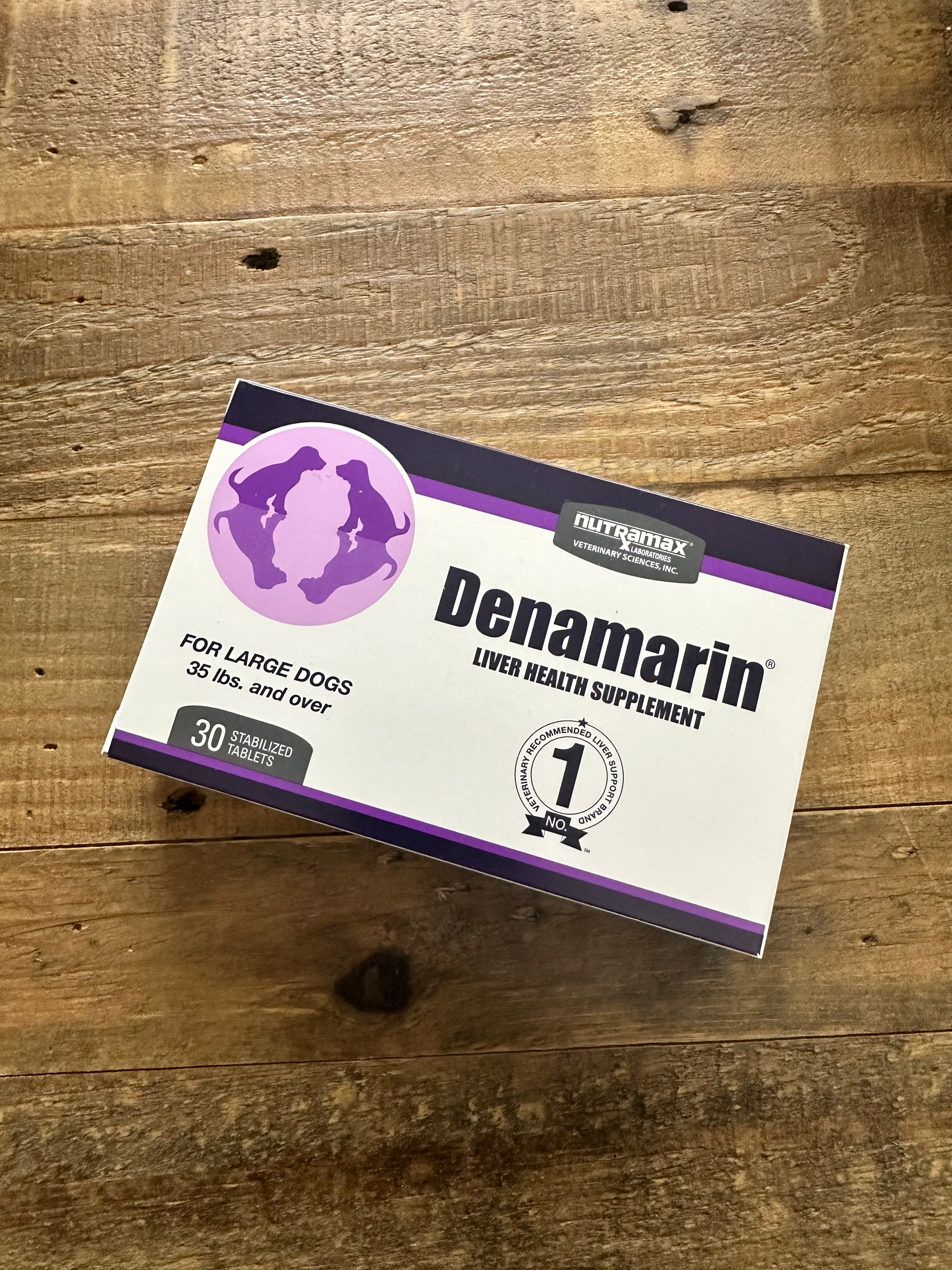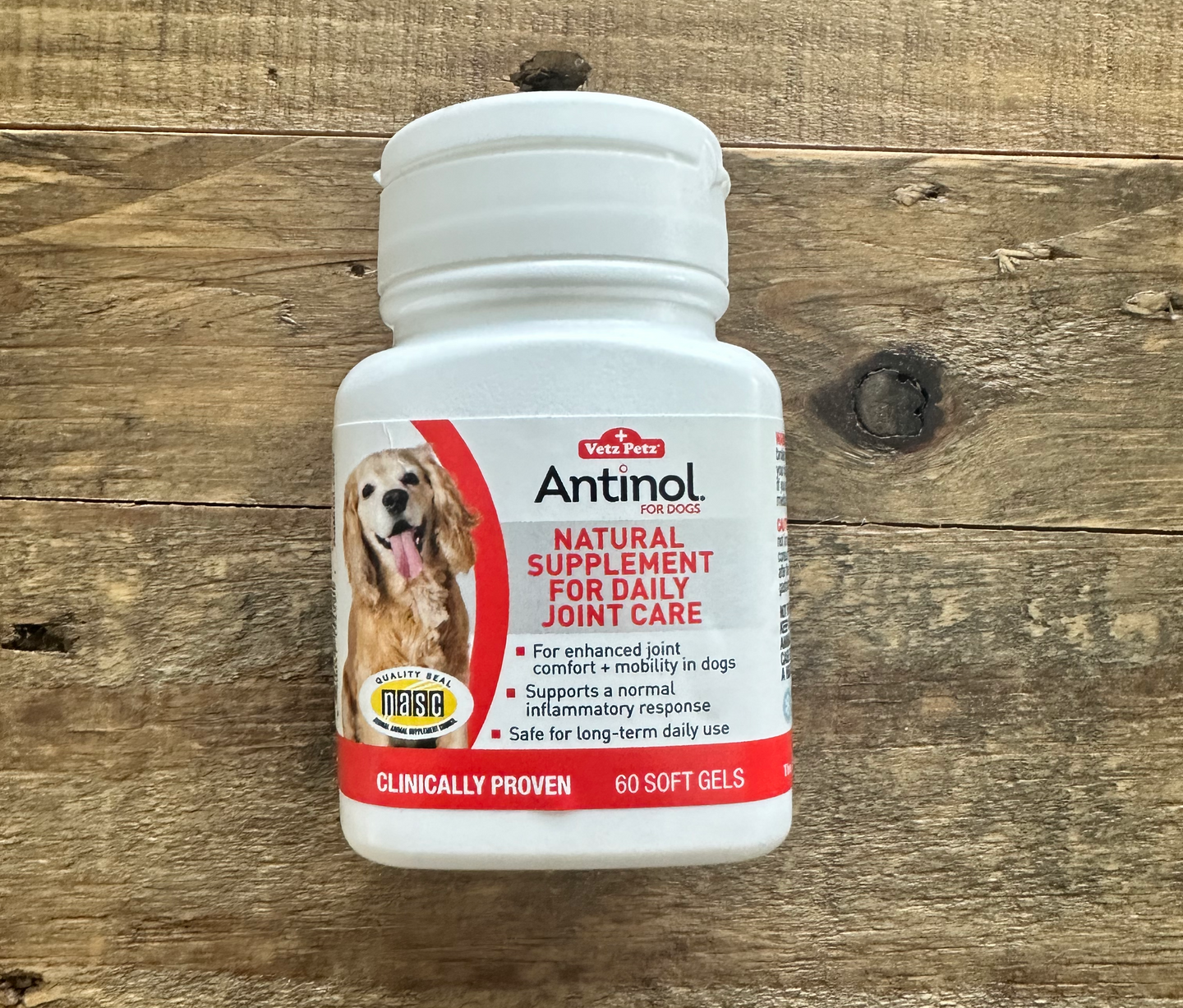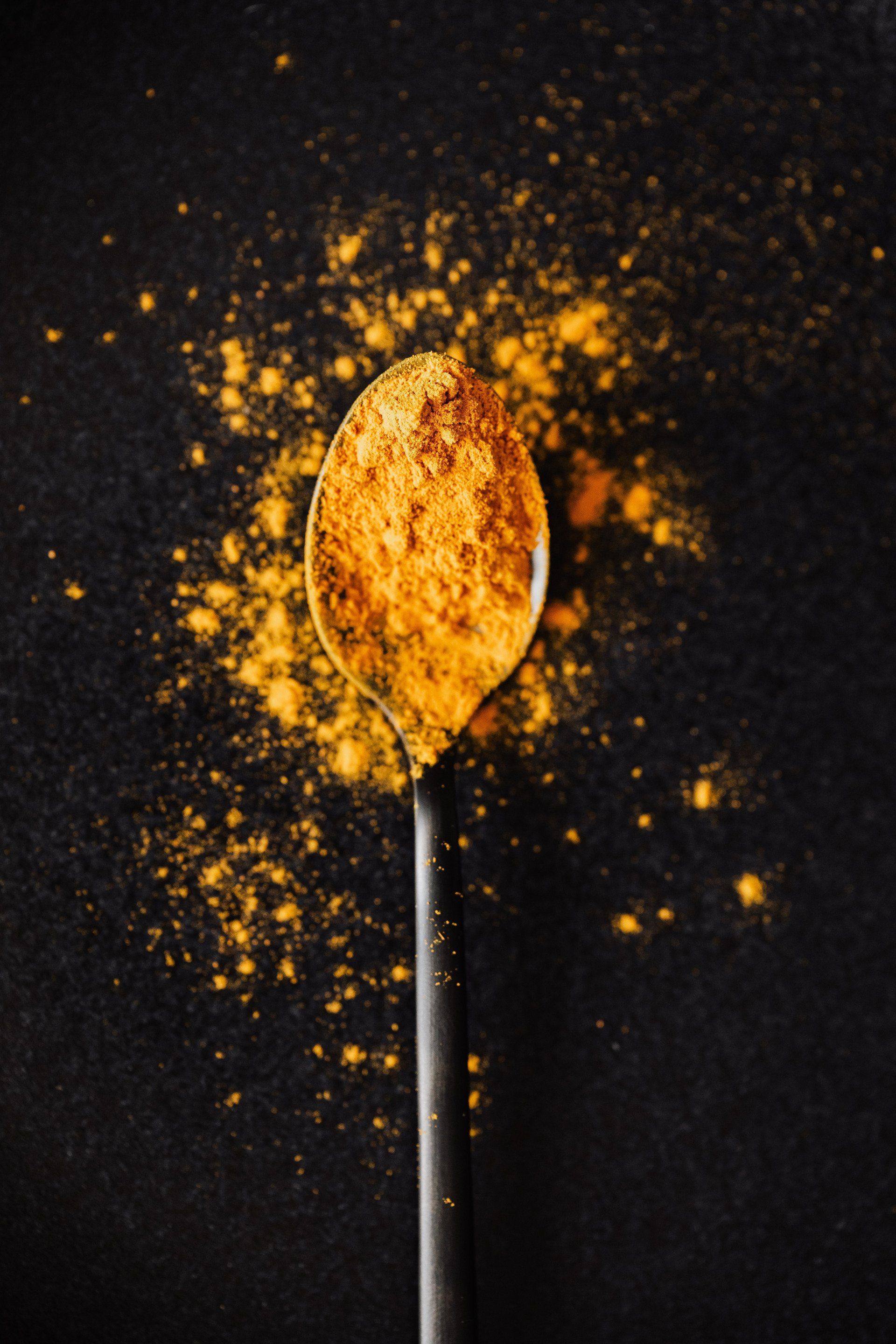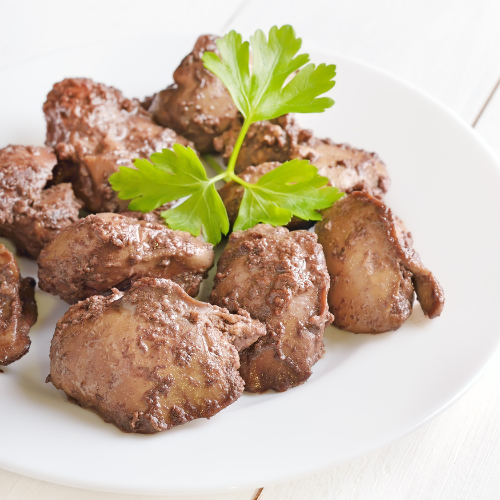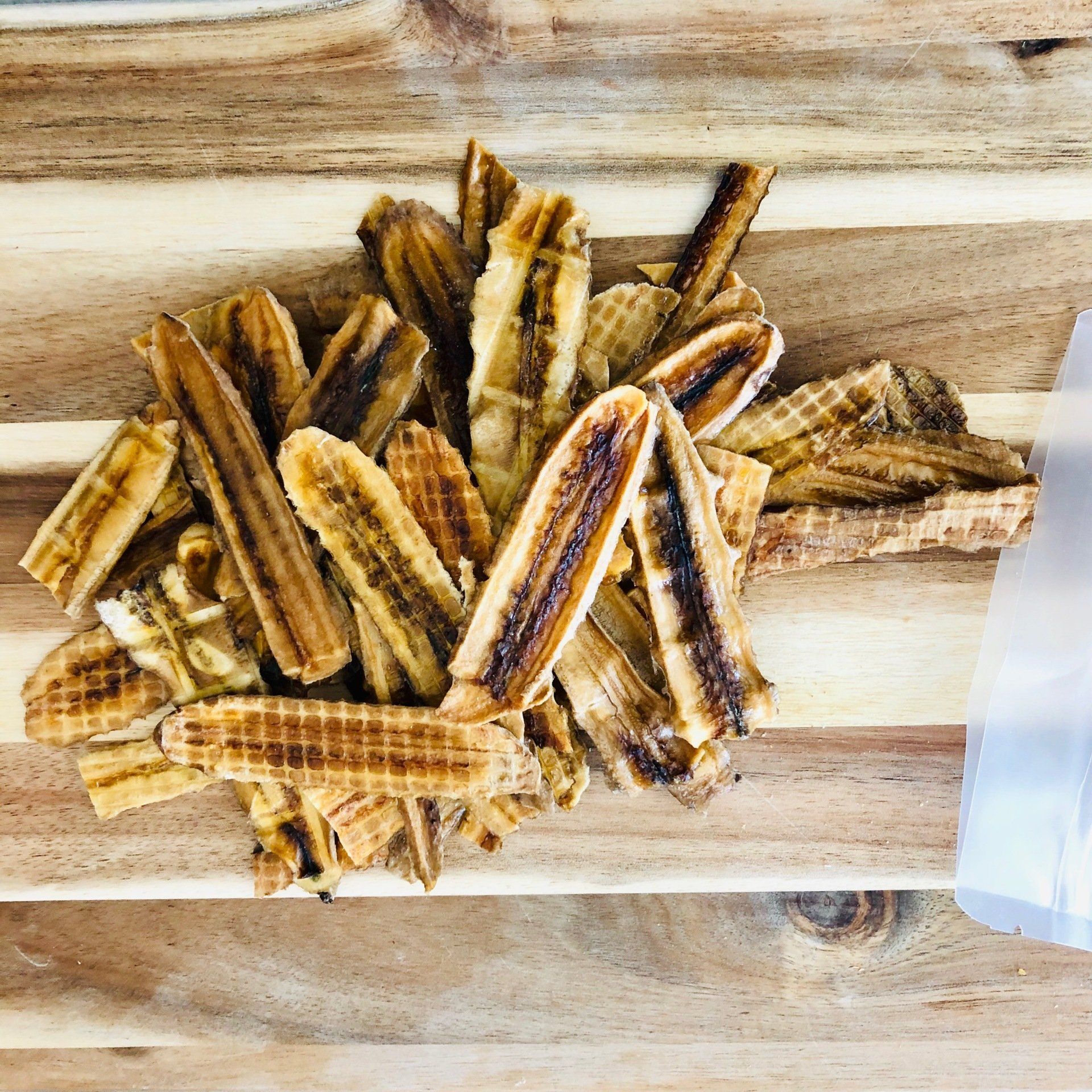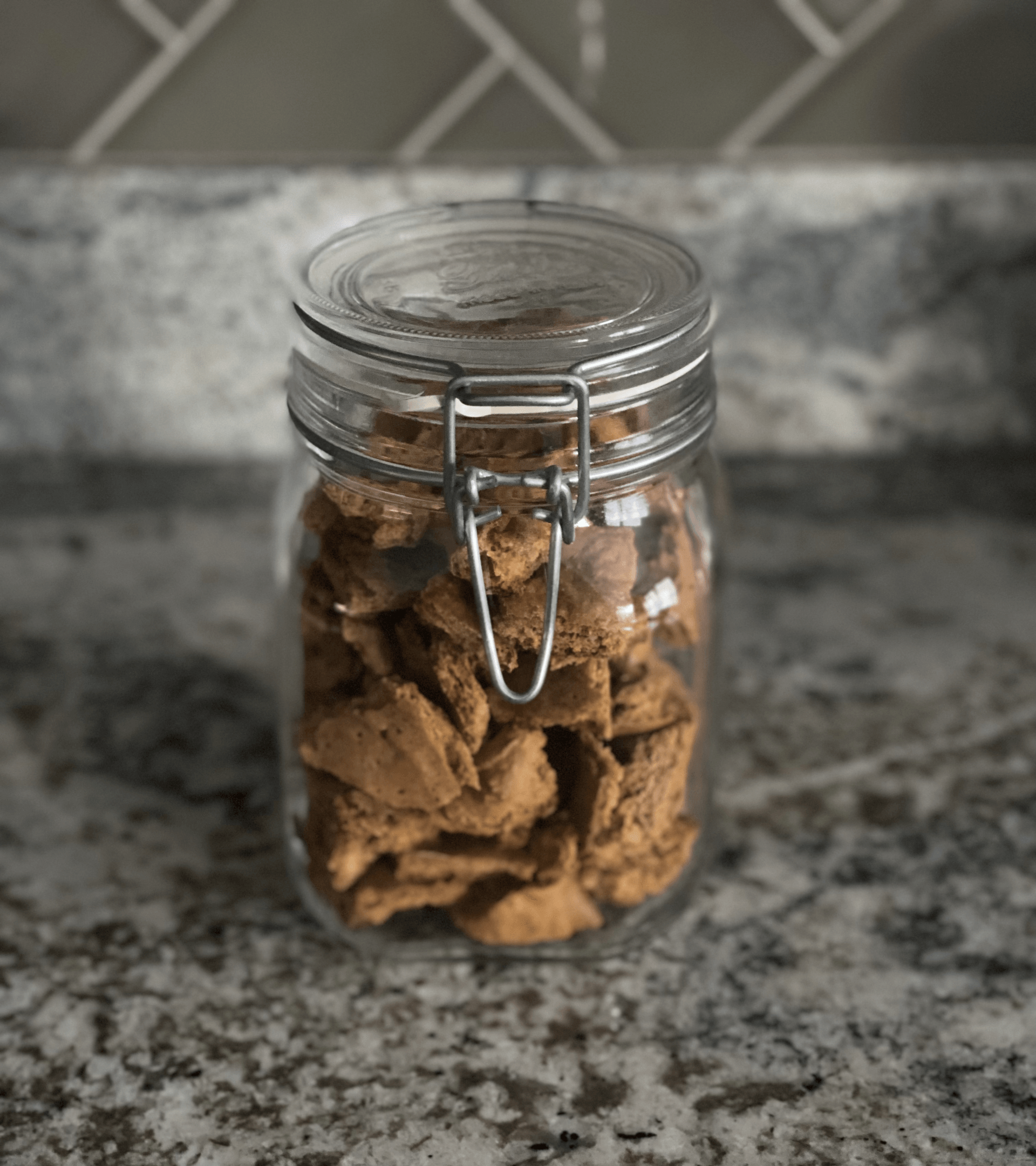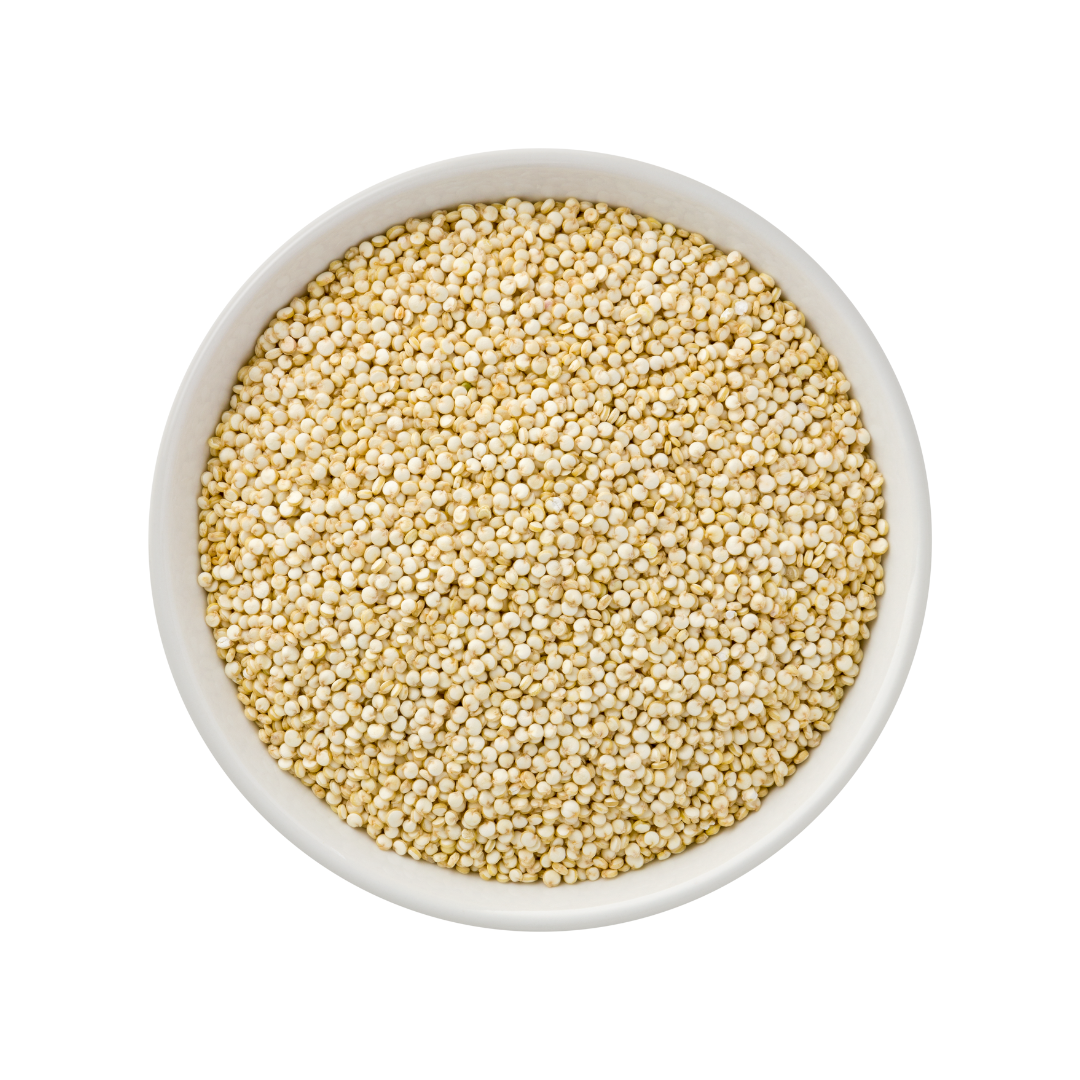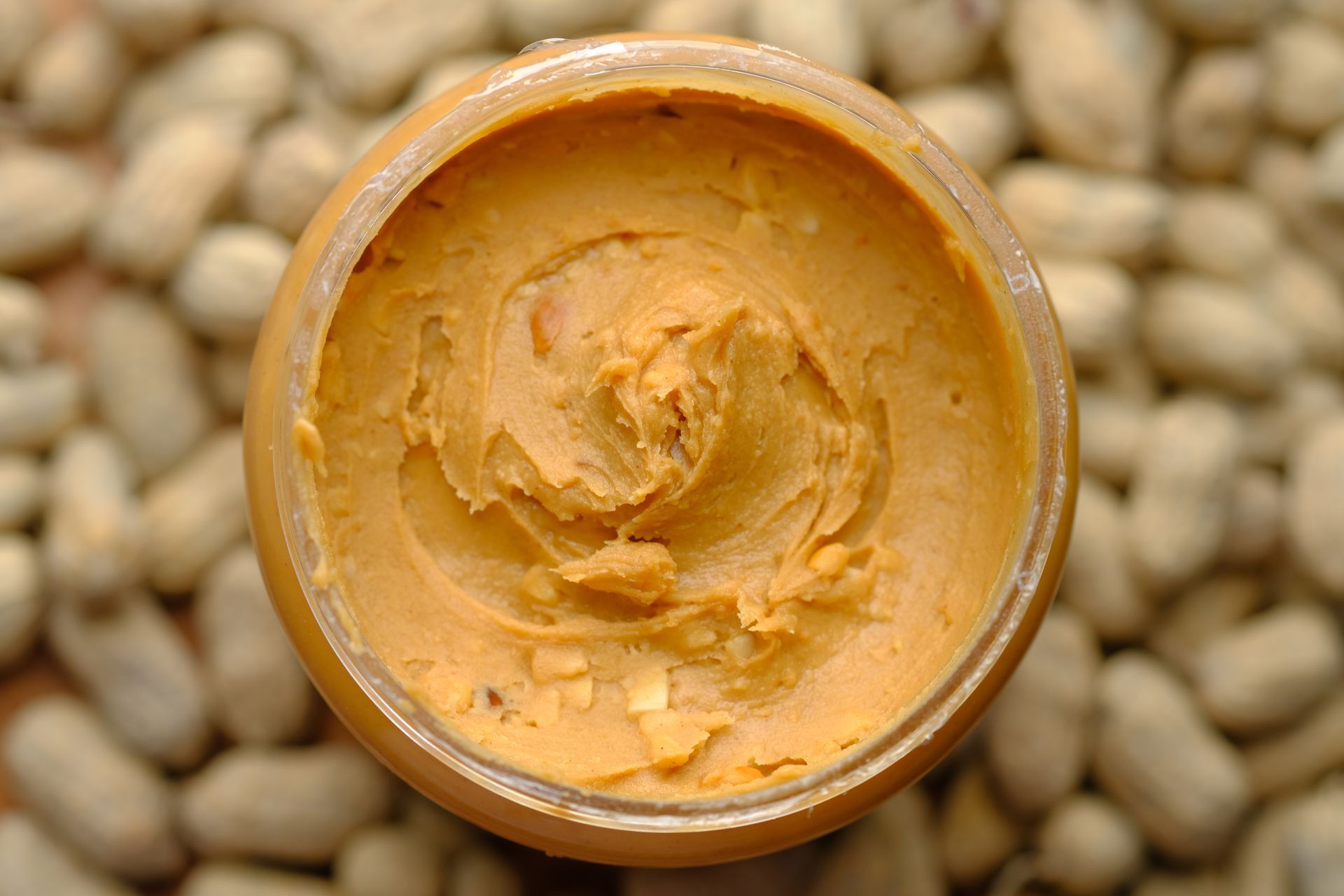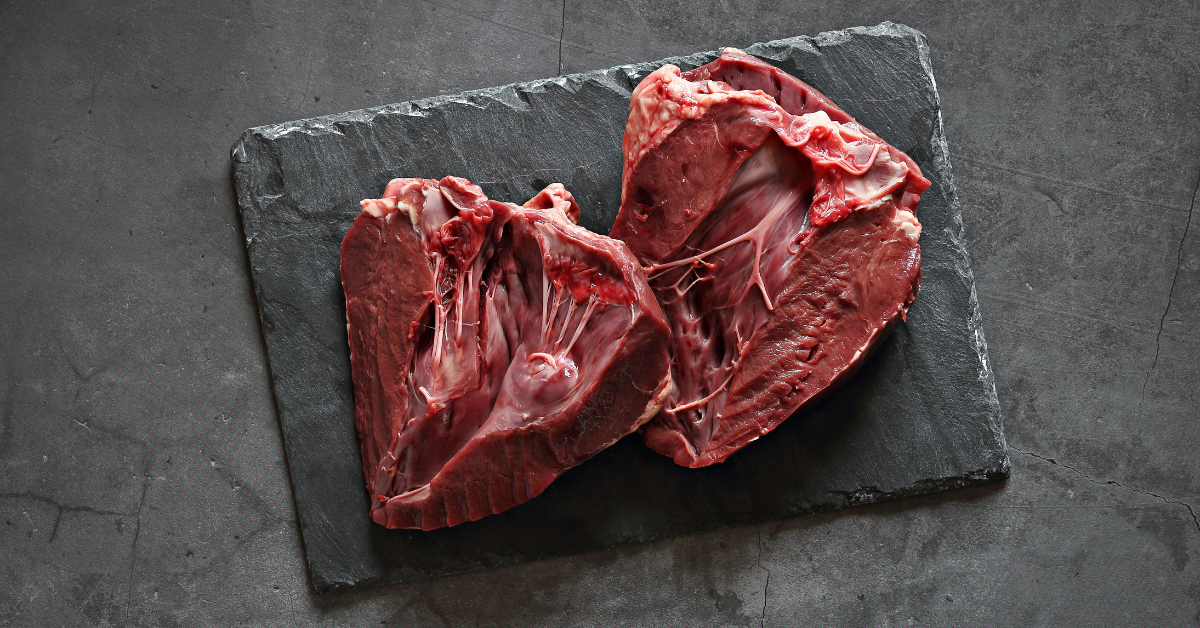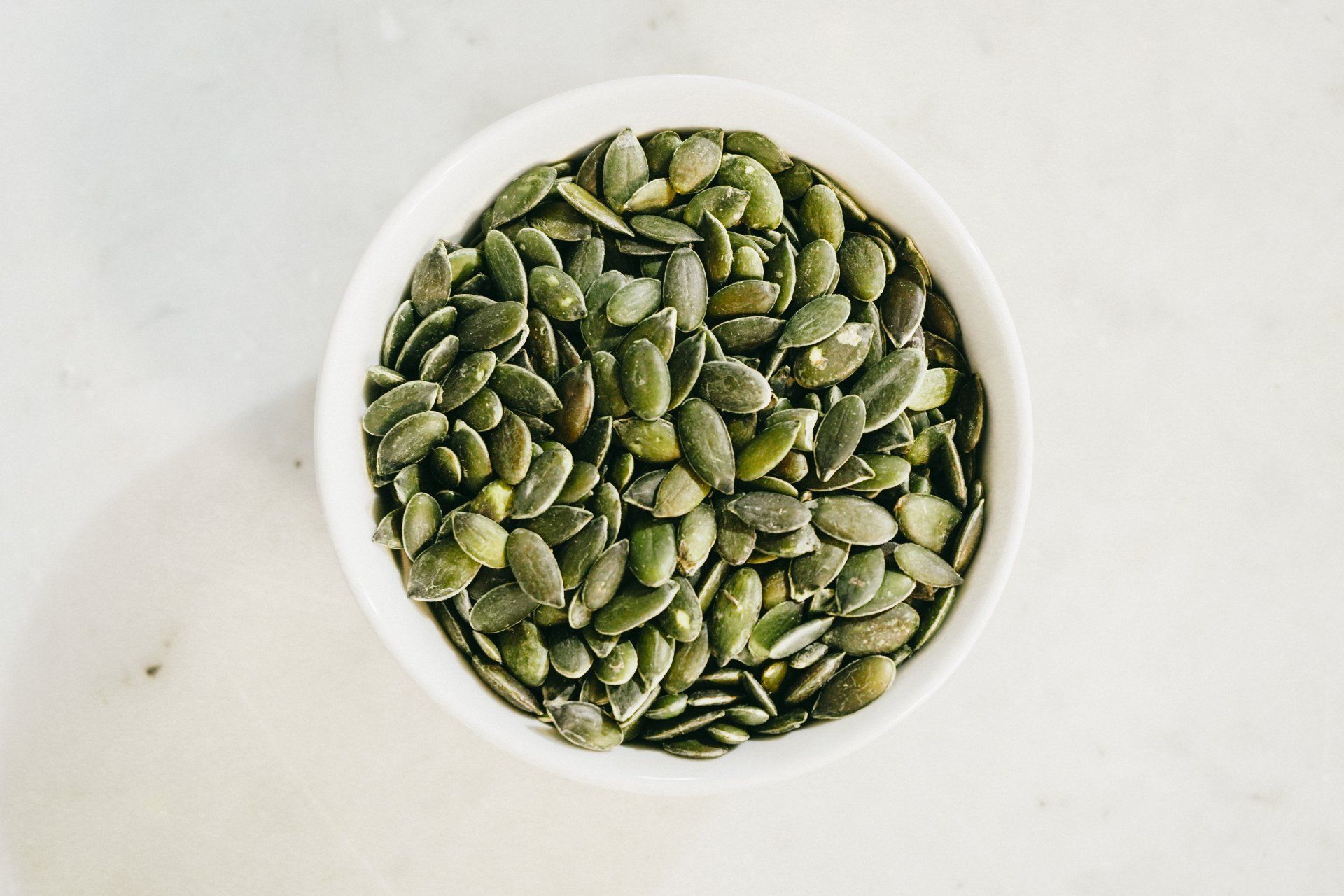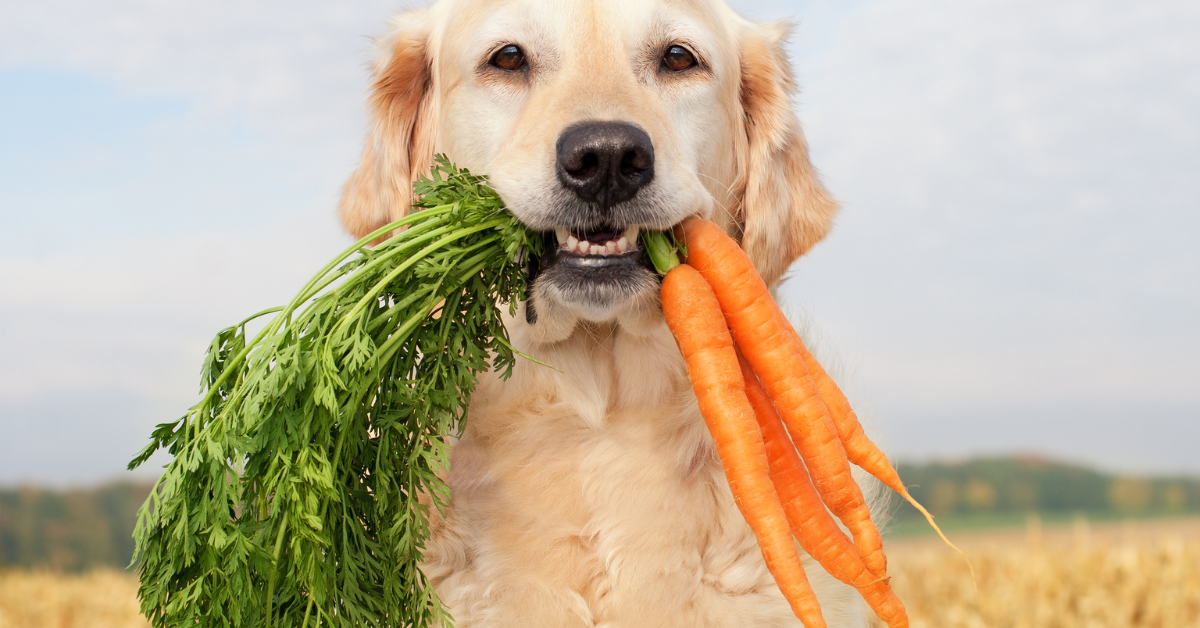Turkey Tail Mushrooms for Dogs: A Supportive Supplement
Mushrooms for Dogs: Friend or Foe?
There's a growing interest in natural supplements for dogs, and turkey tail mushrooms are one such option. However, there's also some controversy surrounding the use of mushrooms for pets. While some fungi can be toxic to dogs, turkey tail mushrooms (Trametes versicolor) are
generally
considered safe.
Potential Benefits of Turkey Tail Mushrooms
Turkey tail mushrooms have emerged as a popular natural supplement for dogs. While research is still ongoing, some studies suggest potential benefits, prompting many dog owners to explore this option. Let's delve deeper into these benefits and the reasons dog owners are turning to turkey tail mushrooms.
Immune System Support
Turkey tail mushrooms are rich in beta-glucans, complex sugars that act as immune system modulators. They may stimulate a weakened immune system or help regulate an overactive one [1]
This could be beneficial for:
- Senior Dogs: As dogs age, their immune function naturally declines. Turkey tail mushrooms might offer support.
- Dogs with Compromised Immunity: Conditions like infections or recovery from surgery can weaken the immune system. Turkey tail mushrooms may aid recovery.
- Allergies: While research is limited, some studies suggest beta-glucans might help modulate the immune response in allergies. [2]
Gut Health
Beta-glucans may also promote the growth of beneficial bacteria in the gut, contributing to overall digestive health. [3] A healthy gut microbiome is crucial for nutrient absorption, immune function, and overall well-being.
Potential Role in Cancer Support
Some studies suggest that turkey tail mushrooms, alongside conventional cancer treatment, might offer benefits for dogs with cancer. These benefits may include:
- Improved Quality of Life: Studies suggest turkey tail mushrooms may help reduce side effects of chemotherapy and radiation. [4]
- Increased Survival Time: Early research indicates a potential role in slowing cancer spread and extending survival time in dogs with hemangiosarcoma.
Not All Supplements Are Created Equal: A Buyer's Guide
The quality and effectiveness of turkey tail supplements can vary greatly. Here's what to consider when choosing one for your dog:
Beta-Glucan Content
Beta-glucans are complex sugars found in turkey tail mushrooms. They're considered the key active ingredient responsible for many potential health benefits. Look for supplements that clearly highlight the beta-glucan content, ideally expressed as a percentage of the total product. Higher percentages generally indicate a more concentrated and potentially more effective supplement.
Extraction Process
The extraction process significantly impacts the amount of usable beta-glucans in the final product. Hot water extraction is the preferred method. It utilizes hot water to gently extract the beta-glucans from the mushroom tissue, yielding a higher concentration of bioavailable beta-glucans. Bioavailability refers to how readily your dog's body can absorb and utilize the beta-glucans
Organic Growing
Opt for organically grown turkey tail mushrooms whenever possible. This minimizes exposure to pesticides, herbicides, and other contaminants that might be present in conventionally grown mushrooms. These contaminants could potentially negate the health benefits of the supplement.
Mycelium vs. Fruiting Body
Turkey tail fungi consist of two parts: Mycelium and Fruiting Body. Mycelium is the root-like structure of the fungus, while the fruiting body is the mushroom itself. Both contain beta-glucans, however the fruiting body generally has a higher concentration. Look for supplements that specifically mention using the fruiting body for optimal potency.
Added Starches or Grains
Some manufacturers add starches or grains to their supplements as fillers. These ingredients increase the bulk of the product but offer little to no nutritional value for your dog. Choose a supplement with minimal or no fillers. Ideally, the focus should be on concentrated turkey tail extract with a high beta-glucan content.
Place of Manufacture
Look for supplements manufactured by companies with certifications from reputable organizations like NSF International. NSF International is an independent organization that sets public health standards for food, dietary supplements, and consumer products. Choosing an NSF certified manufacturer provides some assurance that the product meets quality and safety standards.
Turkey Tail for your Dog: Choosing the Right Form
Turkey tail mushroom supplements come in several forms, each offering its own advantages and considerations:
The Powdered Powerhouse:
- This is the most common form of turkey tail supplement for dogs.
- As discussed previously, look for a high-quality powder extracted using the hot water method from organically grown fruiting bodies.
- The powder can be easily mixed into your dog's food, offering flexibility in dosage.
- However, some dogs may be picky eaters and resist food with the powder mixed in.
Convenient Capsules:
- Capsules filled with the powdered turkey tail extract offer a mess-free and potentially more palatable option for picky eaters.
- Dosing is also simplified, as each capsule contains a pre-measured amount of the supplement.
- However, capsules may be larger and harder for some dogs to swallow.
Chewy Treats:
- Some manufacturers offer turkey tail supplements in the form of chews.
- These chews are often flavored and formulated to be appealing to dogs, making them easy to administer.
- However, it's crucial to ensure the chews are made with high-quality ingredients and minimal fillers that might dilute the benefits of the turkey tail extract. Additionally, the exact amount of turkey tail extract per chew may vary depending on the brand.
Why Not a Raw Mushroom?
While it might seem like feeding your dog a whole turkey tail mushroom is the most natural approach, it's generally not recommended. Here's why:
- Dosage Uncertainty: A whole mushroom provides an uncontrolled amount of beta-glucans. It's difficult to gauge how much your dog is actually ingesting, potentially offering too little or too much.
- Digestive Issues: Raw mushrooms can be difficult for dogs to digest, leading to stomach upset or diarrhea.
- Wild Mushroom Danger: Many wild mushrooms can be poisonous and resemble turkey tail. Unless you are a trained mycologist (fungus expert) and can definitively identify the mushroom, avoid giving your dog foraged turkey tail.
The Takeaway:
Stick to commercially prepared turkey tail supplements for your dog. Look for a reputable brand that offers a powdered extract with a high beta-glucan content, ideally extracted using the hot water method and derived from organically grown fruiting bodies. Capsules and chews offer convenient alternatives, but ensure they are made with high-quality ingredients. Regardless of the form, always consult your veterinarian before introducing any new supplement to your dog's routine.
Have you heard of Real Mushrooms? Be sure to check out their website here.
Important Considerations:
It's important to remember that research on turkey tail mushrooms for dogs is still in its early stages. More studies are needed to definitively confirm the benefits mentioned above. Additionally, turkey tail mushrooms are not a cure-all and should be used alongside conventional veterinary treatment when necessary.


